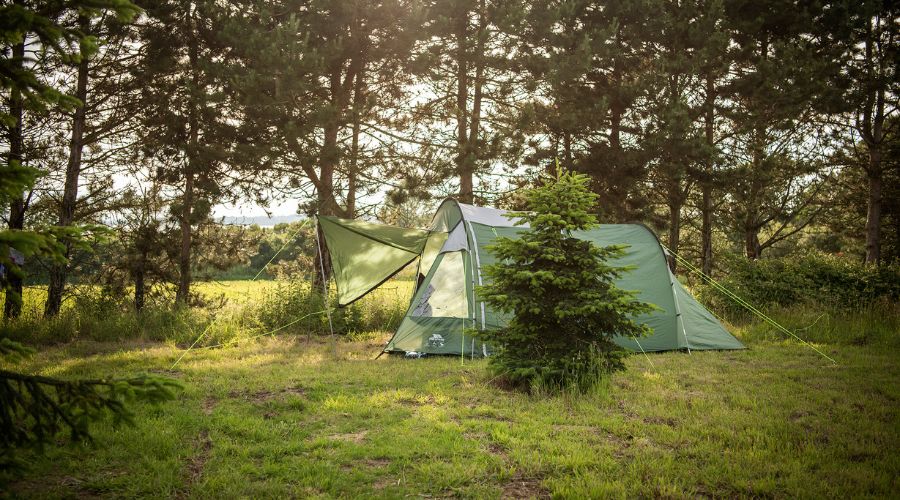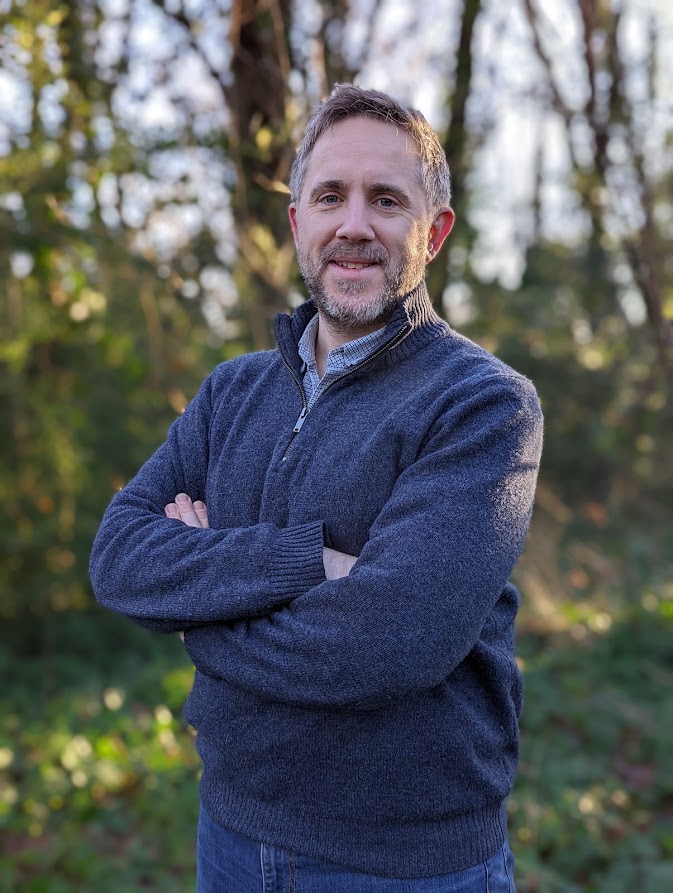Demand for farm-based holidays continues to surge
19th August 2024
For those concerned the staycation has had its day, new figures suggest searches for holidays on farm locations is up 266%.

Figures from booking platform Pitchup.com have shown searches for camping, glamping and caravanning rose by 266% this July, compared to 2023.
One dairy farmer in Derbyshire has seen the revenue from his campsite double this year – receiving £140,000 in bookings so far.
Meanwhile, Pitchup.com’s most popular pop-up farm campsite, which is operating under the new 60 day Permitted Development Regulations (PDR), has so far taken £63,000 in bookings, also crushing last year’s sales.
The platform also broke its record for the largest number of bookings in a single day on 31st July – with 7,657 bookings.
Farmers missing out
However, despite this, the number of pop-up sites listed on Pitchup.com is down by 10% this year.
So farmers are missing out on a growing opportunity to generate significant additional income from little extra work, said the company’s founder Dan Yates.

“The Covid pandemic sparked a resurgence of interest in holidaying in the British countryside and whereas this was in some sense forced as people could not go abroad, the impact of that is continuing to endure,” he commented.
“Nowhere is this more evident than in the agritourism sector, which has grown year-on-year since the pandemic, and shows no sign of slowing down.
“In fact, the opposite is true.”
There’s huge potential in the marketplace for new entrants to get involved, he added.
Staycation still going strong
Rumours of the death of the staycation have been greatly exaggerated, Mr Yates believes.
“There are a number of people with significant disposable income who have reverted to foreign holidays, but they are combining those with breaks in the UK at other points in the year.
“Those on tighter budgets are continuing to pick the UK for their main holiday destination because of the value for money it offers, the vastly reduced travel time and cost, and the fact that the landscape is as beautiful and changeable as anywhere in the world.”
Farmers and landowners are in a unique position to capitalise on this, he continued. This not only provides extra revenue for the farm business, it also helps generate income for other local businesses such as shops, pubs and restaurants.
‘Jeremy Clarkson effect’
Bridget Gooden, who runs a campsite and organic dairy farm on the Somerset Levels, has noticed an increased interest in farm locations among her guests.
She puts this down to the ‘Jeremy Clarkson effect’ after the popularity of his TV show, Clarkson’s Farm.
“Before, people used to ask about bird watching or flooding – things they have seen on the six o’clock news. But now all they want to know is if I watch the programme and if it is true to life,” she commented.
“He’s got such a big platform and is controversial, yet a great entertainer. The show has certainly got more people interested in staying on a working farm.”
The cost of living crisis is another factor. “It’s a very touristy area around here and some places are very expensive,” she said.
“We try to keep our prices as reasonable as possible and that helps when people are feeling the pinch.”
READ MORE: Diversification rules set to ease thanks to Jeremy Clarkson
READ MORE: Are pop-up campsites in Wales under threat?
READ MORE: Farmers advised to start planning to benefit from new revenue streams this summer
Interest in farming
Nick Kiddy, meanwhile, who runs Eastgate Farm near Royston in Cambridgeshire, said he gets asked a lot of questions about the farming side of his business.
Nick has 250 acres of arable crops, plus pigs and sheep alongside a campsite.
He said: “Depending on how busy we are, we like to get around everyone when they arrive and they always have questions about the farm.
“We have lambs grazing in the field, so that generally leads to questions too.
“On the whole, people are very interested in the farming side.”
Quick and easy diversification
According to Mr Yates, setting up a camping site is one of the quickest, easiest and cheapest forms of farm diversification, yet still has the potential to generate significant extra income.
The most back-to-basics temporary sites often only need running water and toilets to operate, but generate on average around £13,000 per season.
In England, where PDR for pop-up campsites has been extended from 28 days to 60 days, there is potential to earn far higher sums without the farmer or landowner needing to apply for extra planning permission.
However, adding more facilities, glamping opportunities and caravan pitches, joining an exempt organisation or securing planning permission to operate all year round can transform a small diversification project into a business turning over hundreds of thousands of pounds per year.
“The great thing about agritourism is farmers can choose the level at which they want to get involved,” Mr Yates said.
“A small campsite operating under PDR needs little up-front investment to get going and generally doesn’t conflict with the day-to-day running of the farm.
“Often, these back-to-basic sites are in great demand as many people seek a bucolic break in off-the-beaten-track locations away from the main tourist hotspots.
“But farmers or landowners with an appetite to create something bigger give themselves the opportunity to attract families and more mainstream holidaymakers looking for a relaxing break in the country.
“These sites do take more management, but can be extremely profitable and a vital part of the whole-farm income.”
For advice on how to set up a farm-based campsite, visit Pitchup’s ‘How to Start a Campsite’ page:https://www.pitchup.com/how-start-campsite-caravan-park/.
Read more diversification news.
